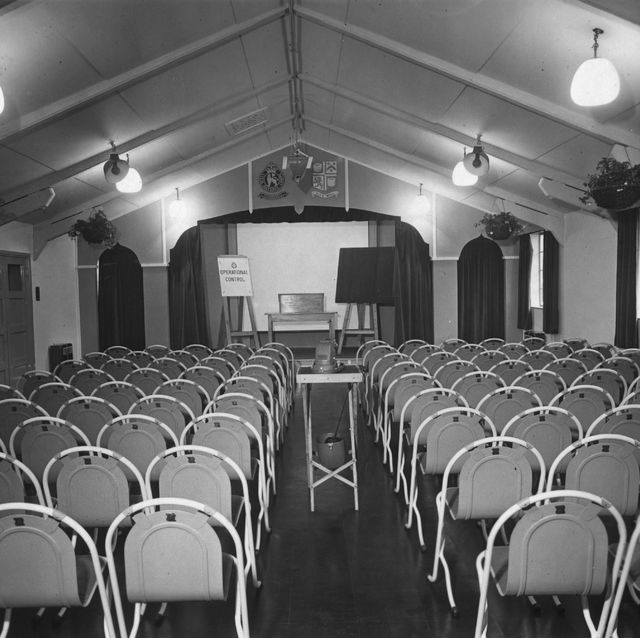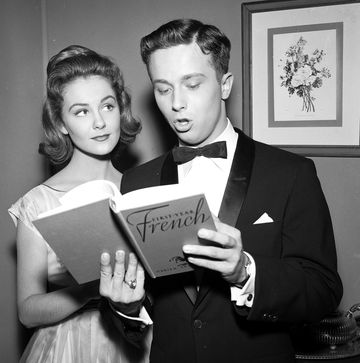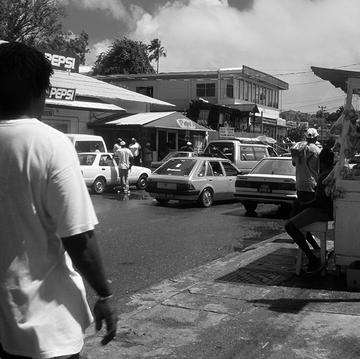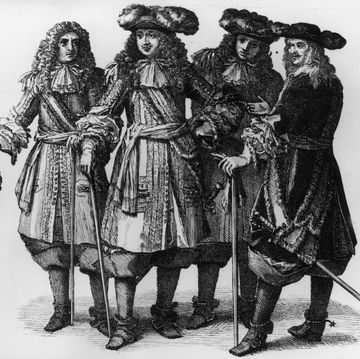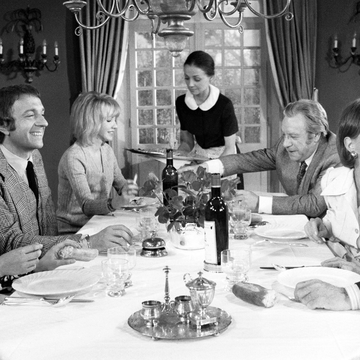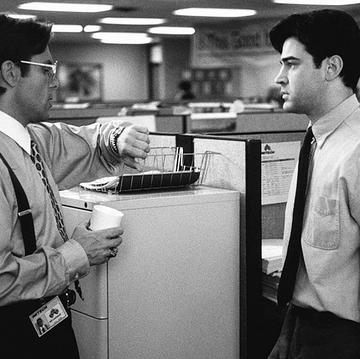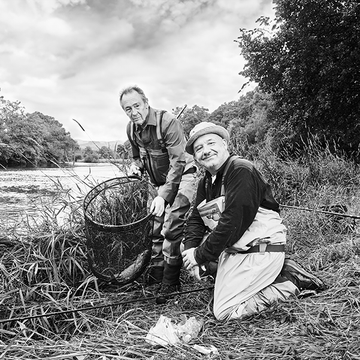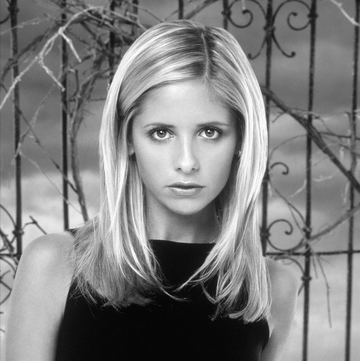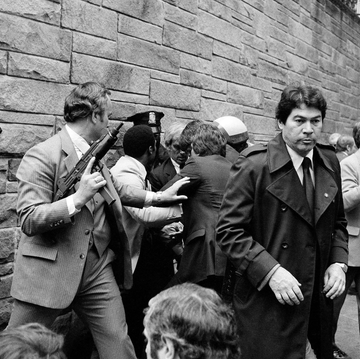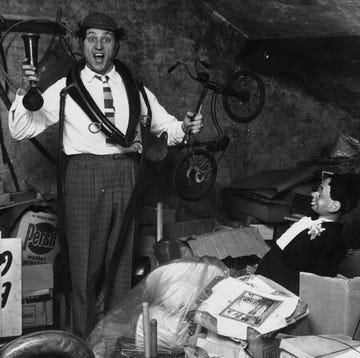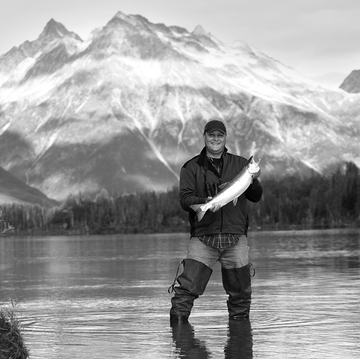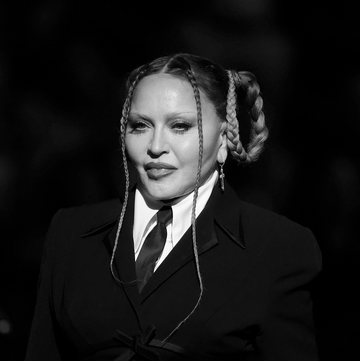The 1990s were a boom time for fiction. In those days — and this is not an exaggeration — a teenage girl could secure a half million pound advance for a one-page outline of her first novel. Those of us who had been in the business since of old viewed the transformed present with bemusement and bitter envy. These new kids, we said, have no idea what it was like back then, when only a handful of novelists could make a living from their work, and the rest of us had to slave away in academe, or journalism, or even, God help us, the civil service.
You get nothing for nothing, of course. In the scramble for publicity, the high-octane fuel which drove the boom, even the lowest of us had to work for our pittances.
A Punch cartoon at the time summed up the new dispensation. Three men sit around a table. In the centre is the publisher’s PR man. To his left, a lugubrious figure resembling Philip Larkin on a particularly bad day. To his right, a burly chap, broad-shouldered, square-jawed, big-haired, in manly tweeds and bravura bow tie. The PR man is pointing to Mr Muscle and saying to Phil Pipsqueak: "This is the chap whose photograph will be appearing over your name on the jacket of your next novel."
Then dawned the day of the book tour. Literary stars and the authors of blockbusters, the Norman Mailers and the Frederick Forsyths, had always been swaggering about the world touting their wares. Now the rest of us, poor moles digging away in the dark of obscurity, were hauled up into the light and sent abroad to appear before live audiences and pretend to be a more or less plausible and if possible entertaining version of ourselves.
One day in 1990, I was flown first class from Dublin to Phoenix, Arizona, to read at the Irish Cultural Centre there. Five people turned up to listen to me. None of them had read my books, and it was clear that none of them had the slightest intention of doing so. They were the sons and daughter of Irish immigrants, and were there simply to see a real, live son the Oul Sod.
That was the beginning of a tour that would take me to ten cities in nine days. Here are some of the highlights, or lowlights, of that jaunt and others like it.
Chicago, the Windy City, was extremely windy that raw autumn evening as I walked from my hotel to the nearby branch of the now defunct Borders bookshops. I was greeted by the store’s beaming and breathtakingly beautiful Chinese-American manager. She led me to a far corner, past the Self-Help section and next to the Occult shelves, where there waited for me a brave little band of readers in overcoats and mufflers, shuffling their frozen feet and blowing into their fists. Twenty-odd, say, a few of whom were distinctly odd, as usual —every reading, as every writer will tell you, attracts at least a couple of maniacs.
As I was shedding my gloves and trying to find my place in the book I was to read from, the manager whispered to me that I was the second Irishman to visit in recent days. "Last week we had Roddy Doyle," she confided proudly. "National television covered the event. We had to send out for a hundred extra chairs. Good luck!"
A decade and a half later, in the same city but at another store, I was to read from my novel The Sea, so naturally there was a big display of Iris Murdoch’s The Sea, The Sea. I was too polite, or too timid, to point out the error. No one noticed.
It was in New York, though, in one of that city’s sprawling emporia, Rizzoli, perhaps, or Barnes & Noble, that I was properly put in my place. My reading was at an end, and I was signing for a half dozen or so devotees — such enthusiasm! such dauntless loyalty! — when an alarmingly large and glossily grinning plutocrat elbowed his way forward and, ignoring the stack of my as yet unbought books, thrust a great furred paw at me and boomed: "Sir, let me shake the hand that shook the hand of Seamus Heaney!" The hand that shook the hand of Heaney sadly shook his, and he was gone.
For the lower order of writers such as I, with modest readerships and more modest sales, the small independent bookshops are best. Three Lives bookstore in New York’s Greenwich Village is my favourite. I have read there on a number of occasions, and almost enjoyed myself each time. The Village people who came to hear me were laid back as far as they could go without falling over. Also, they managed to make it seem that they were not there intentionally, but had drifted in from the street and stayed only out of mild curiosity.
It is not so relaxed at all the independents. In a small town somewhere in the Rust Belt I read one rainy autumn twilight in a pokey little shop at the edge of a cramped car park. It was run by an excitable gnome with fur in his ears, dressed Huck Finn-fashion in checked shirt and faded dungarees and scuffed cowboy boots. When I arrived, it was plain that he had no idea who I was.
The audience, such as it was, attended to me in an earnest hush, frowning and occasionally sighing. When I had finished, they applauded politely and shuffled off without delay into what by then had become night. I can’t remember how I found out—it certainly wasn’t from Huck himself—that they had thought they were coming to a reading by John Boyne.
As I was leaving, Huck, smiling distractedly, presented me with an orange.
Then there was Florida. Ah, Florida, most beautifully named of all the states, according to Elizabeth Bishop. I was in Miami for the Book Fair. The reading took place in a vast, glass and steel store. My partner for the occasion had the day before been presented with the Pulitzer Prize, so I had the benefit of his audience.
Afterwards, there was a book signing in a courtyard in front of the store. Two tables side by side, one piled with his books, one with mine. Two queues formed. His stretched off into the sunlit Floridan distance. I had three people. One was the inevitable madman, this one in a raincoat. The second was a student who was writing a paper on the work. The third was a smiling oldster in golf shirt and baggy shorts, who leaned down to me and murmured, "I’m not going to buy your book, but you looked so lonely I had to come and say a word to you."
John Banville won the Booker Prize in 2005 for his novel The Sea. His most recent book, The Lock-Up, was published in April. This piece appears in the Summer 2023 issue of Esquire, out now
